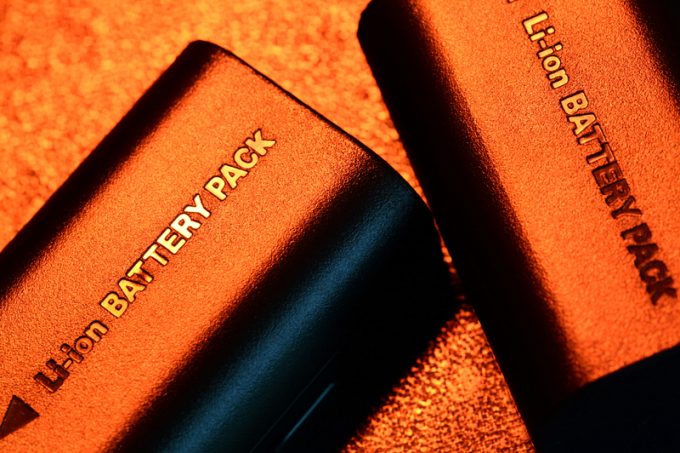Loadstar Podcast | November 2024 | Trump tariffs, TIACA insights, and looming 2025 capacity crunches
Host Mike King explores the latest developments in airfreight and global trade policy on this ...
UPS: MULTI-MILLION PENALTY FOR UNFAIR EARNINGS DISCLOSUREWTC: PUNISHEDVW: UNDER PRESSUREKNIN: APAC LEADERSHIP WATCHZIM: TAKING PROFITPEP: MINOR HOLDINGS CONSOLIDATIONDHL: GREEN DEALBA: WIND OF CHANGEMAERSK: BULLISH CALLXPO: HEDGE FUNDS ENGINEF: CHOPPING BOARDWTC: NEW RECORDZIM: BALANCE SHEET IN CHECKZIM: SURGING
UPS: MULTI-MILLION PENALTY FOR UNFAIR EARNINGS DISCLOSUREWTC: PUNISHEDVW: UNDER PRESSUREKNIN: APAC LEADERSHIP WATCHZIM: TAKING PROFITPEP: MINOR HOLDINGS CONSOLIDATIONDHL: GREEN DEALBA: WIND OF CHANGEMAERSK: BULLISH CALLXPO: HEDGE FUNDS ENGINEF: CHOPPING BOARDWTC: NEW RECORDZIM: BALANCE SHEET IN CHECKZIM: SURGING

The widespread use of fake lithium battery safety certificates by Chinese e-commerce sellers is a “disaster waiting to happen” for the air cargo industry.
The Material Safety Data Sheets (MSDSs) include information on how an individual battery should be safely packed and transported, and obtaining one legally requires laboratory testing.
However, according to Chaminda Gunasekera, a senior director airfreight at Seko Logistics, to avoid the time and cost involved the majority of Chinese electronics manufacturers are using unauthenticated MSDSs to export their products via e-commerce marketplaces.
“A very high percentage of MSDS certificates are not properly authenticated, or carry incorrect information,” he told The Loadstar.
“It’s not major factories, homegrown SME electronics manufacturers riding the e-commerce boom are producing maybe 50 items and selling them online ,and they don’t want to the trouble of getting an authentic MSDS.
“Something bad is going to happen if we don’t tackle this as an industry.”
Indeed, while the cause of the recent fire onboard the Ethiopian Airlines 777 freighter at Shanghai Pudong is still unknown, the incident has reignited the debate over how to safely transport lithium batteries via air cargo.
“Normally, most battery electronics move through Hong Kong Airport, because if there is an incident and dangerous goods violation, the responsibility falls on the freight forwarder, whereas in mainland China, civil aviation law states it is the airport’s responsibility,” explained Mr Gunasekera.
Simon Wong, CEO of Hong Kong’s Logistics and Supply Chain MultiTech R&D Centre, said high levels of e-commerce shipments had propped up volumes during Covid-19.
“As more and more products are using lithium batteries, the challenge of observing all the relevant requirements will be increasing as well,” Mr Wong added.
“We have been in discussions with several parties, including cargo terminal operators, airlines and forwarders, about how to strengthen practices for even better safety.”
Seko’s Mr Gunasekera has overseen the forwarder’s rise to become one of the largest e-commerce cargo players shipping to Africa, developing a number of cargo screening and safety measures, and is now spearheading a cross-industry effort in Hong Kong to introduce an MSDS authentication programme.
“We want to put a process together where e-commerce sellers go to an online standards organisation to input all the information about the product and get an authentic MSDS in few hours,” he said. “It will also have a QR code, which can be scanned and checked by forwarders, airlines or any authority to find the shipper, and other important information.”
Mr Gunasekera has discussed the plan with prominent airlines in Hong Kong and the Middle East and believes that, with them on board, the scheme could become industry standard.
“Nobody should have to fly in an airplane with undeclared batteries or dangerous goods,” he said.
Comment on this article